As summer approaches, many businesses find themselves in need of additional equipment to meet the demands of the season. Equipment rentals can be a cost-effective solution, whether you’re in construction, landscaping, or another industry. However, it’s essential to understand how to properly track and deduct these expenses to ensure compliance and maximize your tax benefits. In this blog post, we’ll explore the best practices for managing summer equipment rentals.
Tracking Equipment Rentals
1. Keep Detailed Records: To track your equipment rentals effectively, maintain detailed records of each rental transaction. This should include:
- Rental agreements: Keep copies of all contracts and agreements.
- Invoices: Retain all invoices from rental companies, noting dates and costs.
- Usage logs: Document when and how the equipment was used, including job site details.
2. Use Accounting Software: Invest in accounting software that efficiently tracks equipment rentals. Many systems provide features for categorizing expenses, making monitoring your rental costs simpler and linking them to specific projects.
3. Categorize Expenses: When recording your rental fees, categorize them appropriately in your accounting system. This will help with tracking and make it easier to identify deductible expenses during tax season.
Understanding Deductions
1. Deductible Rental Expenses: Generally, rental costs for equipment used in your business are deductible as business expenses. This includes:
- Base rental fees
- Delivery charges
- Insurance costs associated with the rental
2. Duration of Rental: If you rent equipment for a short-term project, you can typically deduct the full rental amount in the year you incur the expense. However, if you rent for a long-term period, consult with a tax professional to determine the appropriate deduction strategy.
3. Keep Up with Tax Laws: Tax laws can change, so it’s essential to stay updated on any legislation that might affect deductions for rental equipment. Consult your tax advisor or the IRS guidelines to ensure you’re compliant and taking full advantage of available deductions.
Tracking and deducting equipment rentals during the summer season doesn’t have to be overwhelming. You can streamline the process and maximize your tax benefits by keeping detailed records, utilizing accounting software, and understanding your deductions. If you have questions or need assistance with tax planning, Nailed It Accounting is here to help you navigate the complexities!

